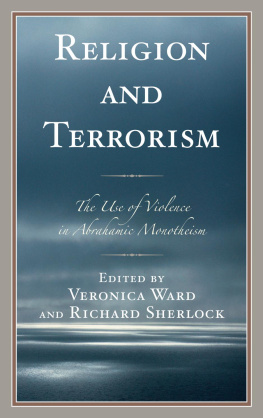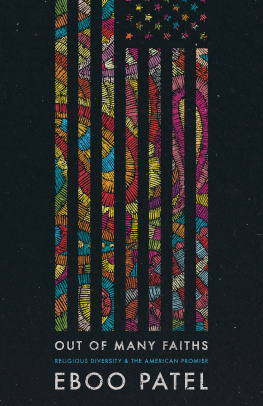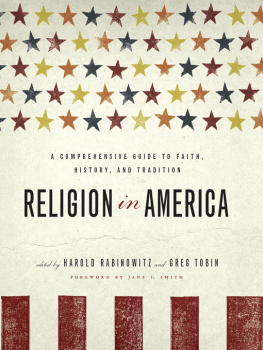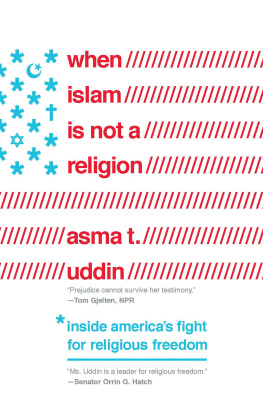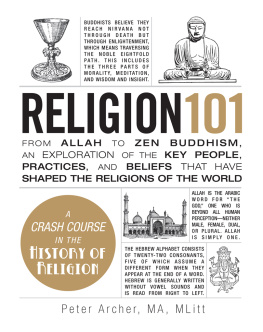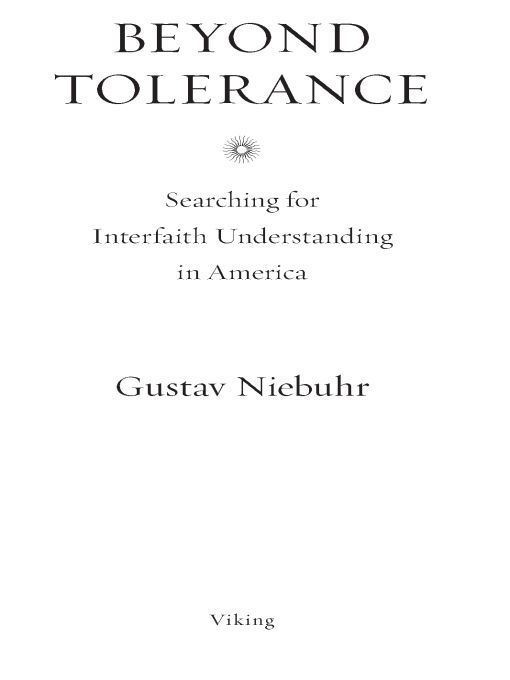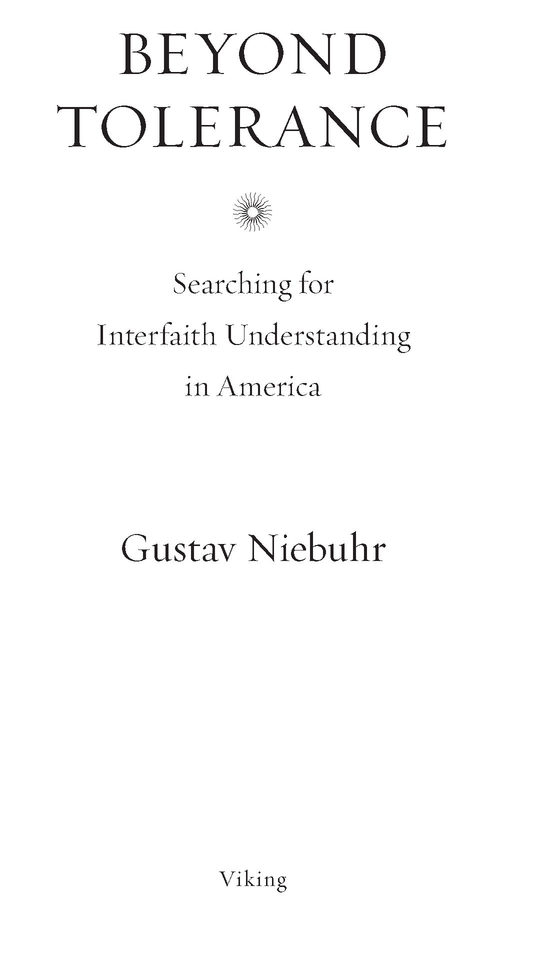Table of Contents
To Christopher and Jonathan
Preface
One weekend late last autumn, long after the leaves had fallen, I spent several hours hunting down small treasures in my parents old home, one step ahead of the movers. Months earlier, my sister and I had helped move our mother and father from the suburban Boston house where they had lived for half a century, and where we had grown up. Now my mother had asked me to search especially for a small sugar bowl, a gift to her from a long-deceased aunt, who had pronounced it an ancient heirloom even when shethe aunthad been a girl in the 1890s. Reaching around inside a mahogany cabinet, I felt pleased to locate the bowl. But I touched something else then, too, something with a feel both softer and more angular. Pulling it out, I found that I held a book of prayers, slightly larger than my own hand. Nearly sixty years old, it had a deeply worn navy blue cover and a spine cracked with use. Its place in my family became immediately apparent: On the flyleaf, I recognized my grandfathers handwriting. He had given the book as a gift to his mother on her birthday.
I mention it because this discovery explains something important about my family, and, perhaps, too, about how I came to write this book. As a child, I may well have seen my great grandmother with the prayer book. But I had neither cause nor curiosity to open it until that recent November day. What struck me this time was the sheer rangethe catholicityof its contents.Yes, to be sure, it was a Christian volume: After all, Lydia Niebuhr had been the daughter and wife of Protestant ministers and the mother and grandmother of theologians. But the book crossed all the usual boundaries, which are so often fraught with specific disputations and a general hostility. Its prayers came from Puritan, Eastern Orthodox, Roman Catholic, and Anglican sources, among others. Here I held the words of St. Augustine; Cardinal John Henry Newman, the famous English convert to Catholicism; the Reverend Walter Rauschenbusch, the great Baptist exponent of the Social Gospel. Here was a prayer from the American Quaker and abolitionist John Woolman; here were sections of the Greek and Coptic (Egyptian) liturgies. What united this disparate collection? All the writings praised God.
I mention this because I come from a family that has, among its traditions, a tendency to take religion seriously, by which I mean it has been a part of our daily livesnot as a narrow, personal piety (that is not part of our tradition), but instead as a way of understanding society and our relationship and responsibilities to it. I trace this family tradition back four generations, to my great grandfather Lydias husbandafter whom Im named. An immigrant, he ran away from his German home as a teenager and made his way to the American Midwest, where he quickly found work as a farmhand. Ive always admired his daring in making that move, but Ive since found far more in him to appreciate than that. Gustav Niebuhr underwent a conversion experience not long after he arrived in the United States, went to seminary and eventually emerged as a leading figure in the old German Evangelical Synod of North America. He worked for reconciliation and cooperation between Reformed Protestants (his branch) and Lutherans. To outsiders, the differences between such groups may seem obscure, even baffling. But they were real and they remain so. The question is, how far apart should they keep people? My great grandfather passed on his perspective to two of his sons. My grandfather, H. Richard Niebuhr, a theologian at Yale, worked successfully to unite denominations. His older brother, my great-uncle, Reinhold Niebuhr, taught at Union Theological Seminary in New York and took the bold step in the 1930s in demanding Christians cease targeting Jews for conversion. Both men were committed Christians. But they had no use for legalistic literalism, for aggressive fundamentalism or its treacherous near-cousin, political militancy. As Reinhold would write,Absolutism, in both religious and political idealism, is a splendid incentive to heroic action, but a dangerous guide in immediate and concrete situations. In religion, it permits absurdities and in politics cruelties, which fail to achieve justifying consequences because the inertia of human nature remains a nemesis to the absolute ideal....The fanaticism which in the individual may appear in the guise of a harmless or pathetic vagary, when expressed in political policy, shuts the gates of mercy on mankind. These are sentences that I have always felt speak with enormous power and clarity as a check on human pretensions. He published those words in 1932. The previous year, my grandfather took his family to visit cousins in Germany. During the trip, he chanced to hear a speech by Hitler, then two years away from seizing political power. My grandfather, fluent in the German with which he had been raised, returned from that evil event so emotionally distraught that my father, then only five years old, could recall that day vividly more than six decades later. He told me the story and did so with a wonder that what his own father so readily perceived as utter malevolence should not have been obvious to all at the time.
My sister and I grew up in a home where our parents led us in grace at meals, prayers at bedtime, and to church on Sundays. They made sure we understood that we shared the world with a great variety of religious (and nonreligious) identities, all of which belonged to people who deserved as much respect as we ourselves would want. As a child and, later, as an adult, Ive met people who share that perspective, people whom I would credit as possessing a genuine spaciousness with regard to others. I believe that quality works mightily to hold society together, even as prideful and angry individuals work to damage it. I have found myself often wishing such ordinary peacemakers were more publicly recognized. They are a larger group than the divisive and destructive among us. But with certain exceptions, their fame is fleetingand their success is never guaranteed. Still, the risks they may take at times of crisisrisks on behalf of us allcan be breathtaking. As I write this, I think of those thousands of robed Buddhist monks who marched for democracy in Myanmar, risking beatings and bullets, on behalf of their fellow citizens in September 2007. Because of its generosity, as well as the danger involved, their action strikes me as far more emotionally involving, even riveting in its sense of dedication to shared ideals, than the threats and suicidal attacks by our eras terrorists.
Problem is, in the two professions in which Ive spent my life journalism and academiathe world I describe is little recognized. Religion itself is often conflated with a spiritual militancy (conservatism is not the right word). It is reduced to the status of a player in a zero-sum game, where its supposed opponent, secularism, is made to stand in for a host of freedoms and a base of knowledge that we Americans rightly hold dear. Such simplistic thinking, such an utterly unnuanced view of the universe sometimes strikes me as humorous. It has long made me wonder where I fit in, son of a woman who sang hymns in our home and also worked as a volunteer for George McGoverns presidential campaign?
I did my best as a journalist not to let my personal attachments intrude upon my writing. My ethics demanded a rigorous deference to the journalistic ideal of keeping oneself out of the picture. I tried to give everyone I spoke with the fair hearing he or she deserved and the dignity of being allowed to speak for him- or herself. But since I left that professional world, Ive felt the freedom to shift somewhatnot toward partisanshipbut toward my own formative past. It is from that perspective that this book springs.


